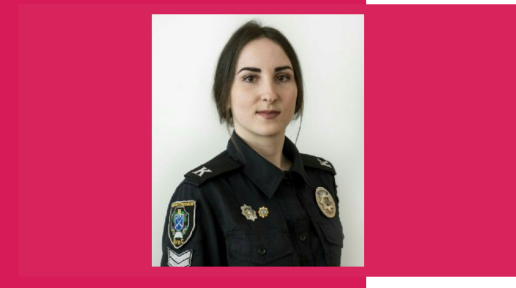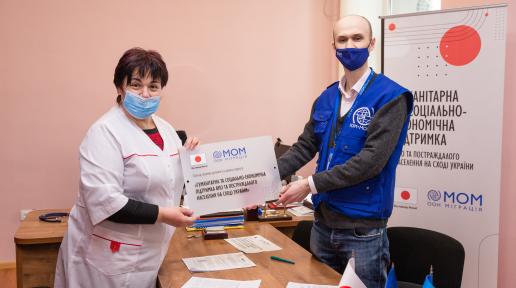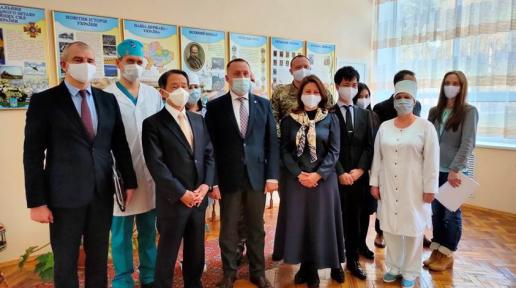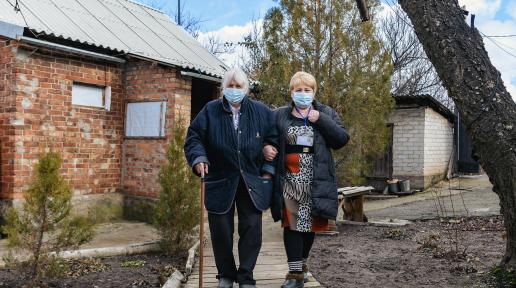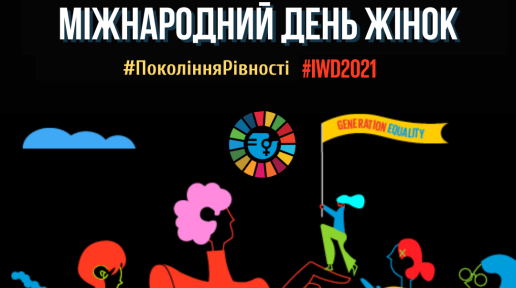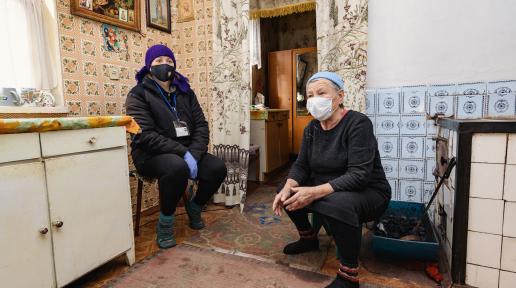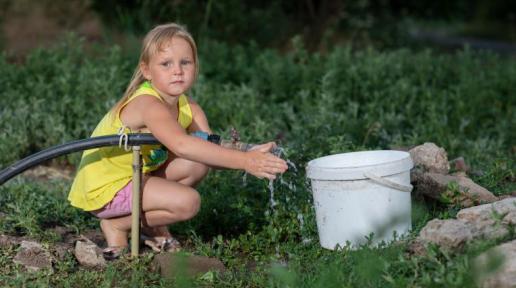Історія
14 серпня 2025
OCHA support helps local Ukrainian NGO reach millions of evacuees
Story by Lilian Nduta Githungo When war broke out in Ukraine, Dmytro Myshenin’s life changed overnight. A successful businessman exporting furniture and solid fuels, he suddenly found himself at the epicentre of a humanitarian crisis in his hometown in the Donetsk Region, which is now partially under Russian control.Forced to flee Sloviansk with his family in February 2022, Dmytro could not stand by while others remained trapped. “Human life is precious,” he said. “In moments of crisis, every effort must be focused on saving it. We want to make sure that everyone has access to safety, shelter, food and support.”As Ukraine’s seaports and airports shut down following the invasion, Dmytro, his family and a group of volunteers began evacuating people from areas threatened by occupation in the Donetsk and Luhansk Regions.They helped evacuees reach shelters and offered them food and a place to rest before assisting them on their journeys in Ukraine or abroad. Gaining OCHA’s confidence“At first, we used our own resources – cars and fuel left over after we shut down our business in February 2022,” Dmytro shared. “But eventually those ran out. We created Angels of Salvation [AOS] to formalize and track the assistance we received from caring individuals and supporters. We thought of the volunteers as angels who came to help people; that’s how the name came to be.” Olena was one of those evacuees, and she remembers what the support meant. Olena lived in Kostiantynivka, a town in Donetsk Region that faced daily shelling. She explained: “Cooking felt like roulette; the moment you stepped into the kitchen, something would start flying.”At night, she slept in the hallway – the only place that still seemed somewhat safe. But with the group’s help, she was evacuated to safety.What began as a small group of volunteers quickly grew; AOS now has more than 600 staff and volunteers. AOS initially worked indirectly under other partners funded by the OCHA-managed Ukraine Humanitarian Fund (UHF). But in 2023, AOS joined a pilot initiative that helps national non-governmental organizations (NGOs) receive direct pooled funding. OCHA assessed AOS after the NGO proved its capacity with a successful project, and it became a direct recipient of UHF funding by the end of last year.“Following the assessment, the UHF gave AOS the opportunity to develop its own tools and follow its vision and mission,” said Dmytro. “I had no idea that I would be heading a charity foundation delivering assistance to more than 6 million people in the last three years under the most difficult of circumstances,” he recalled. AOS and two other NGOs became fully assessed partners last year, eligible for larger grants and greater operational independence. The three NGOs were selected from 15 NGOs participating in a UHF assessment pilot project. UHF’s strategy—to lower entry barriers and tailor compliance for national NGOs—has improved humanitarian access.UHF also supported AOS’s institutional growth, providing technical feedback to help it meet international standards. This included resources for protective equipment and first aid kits, improving safety for staff and aid recipients in dangerous front-line areas. “We work on the last mile, where it’s dangerous. It’s important to ensure the safety of those that we help, and those who work for us,” Dmytro stressed. Direct funding also enabled AOS to improve salaries, training, insurance and working conditions for its team, while staying true to its values. “Our partnership with UHF has allowed us to grow without having to bend to donor-imposed restrictions,” Dmytro said. Strengthening local responseThe UHF pilot was created to help small Ukrainian organizations qualify for direct humanitarian funding. Many of these groups had struggled to meet formal donor requirements, despite carrying out critical work on the ground. But UHF’s goal was simple: give local responders a fair chance to lead.By streamlining the application process and adapting accountability rules to fit local realities, UHF enabled organizations like AOS to become fully recognized partners, able to reach places that international organizations often can’t, and deliver faster and more effective aid.Building on this success, UHF now hopes to include more local organizations, and get help closer to where it’s needed most.



